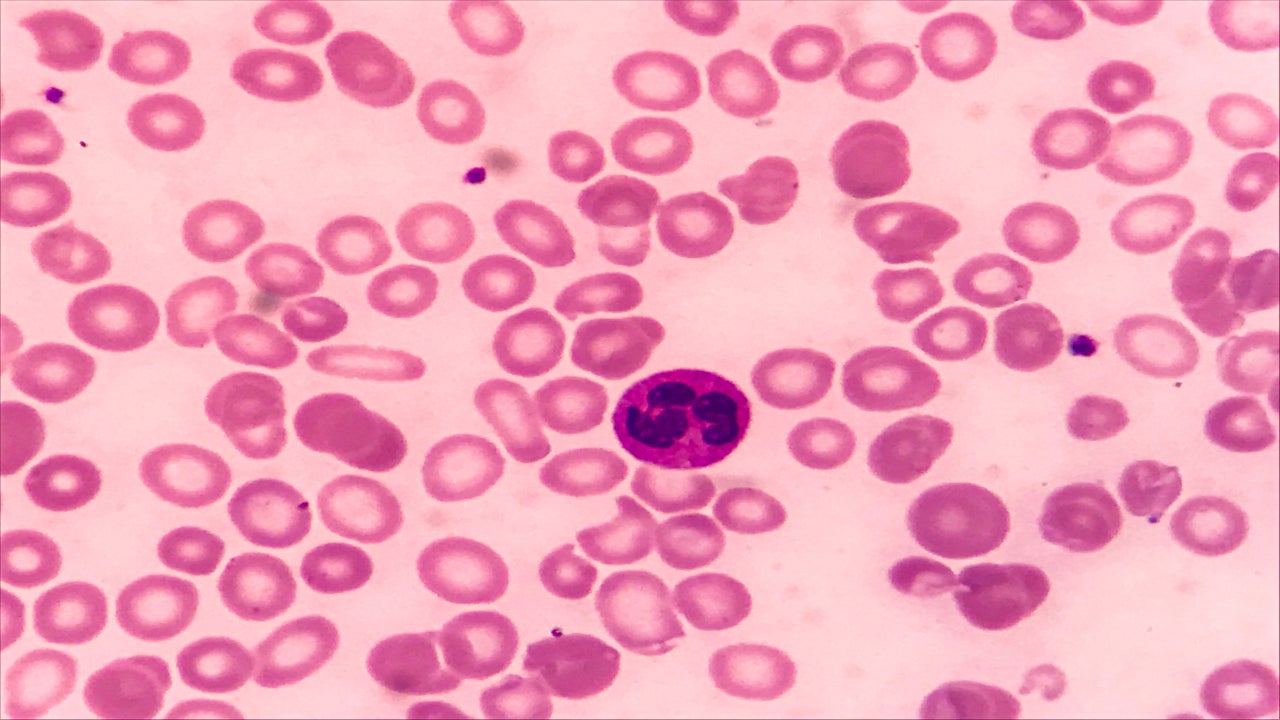The Likelihood of Approval (LoA) of BeyondSpring’s Phase III plinabulin in febrile neutropenia rose by 8 points as of 22 February, according to GlobalData’s LoA data. The increase comes on the back of the Phase III trial reaching completion and achieving its primary endpoint. Interim results showed that plinabulin reached noninferior duration of severe neutropenia (DSN) and a faster onset compared with Amgen’s Neulasta (pegfilgrastim).
Interim analysis was released by BeyondSpring on 30 April 2020. The 105-patient, placebo-controlled Phase III (NCT03102606) trial assessed duration of severe neutropenia (DSN) in the first treatment cycle of taxotere in patients with advanced or metastatic breast cancer, locally advanced or metastatic non-small cell lung cancer (NSCLC), and previously treated metastatic prostate cancer. The primary endpoint was DNS at the end of cycle one, which was 21 days, according the ClinicalTrials.gov.
The non–granulocyte colony-stimulating factor small molecule plinabulin previously had an LoA of 39%. Based on GlobalData’s analysis using a combination of machine learning and a proprietary algorithm, the LoA has risen to 47%. Plinabulin activates guanine nucleotide exchange factor (GEF-H1), resulting in dendritic cell maturation and other effects that prevent neutropenia by limiting neutrophil breakdown. BeyondSpring reported that plinabulin protects against chemotherapy-induced neutropenia (CIN) during the first week of chemotherapy, suggesting a rapid MoA, while it took Neulasta until week two to offer neutrophil protection, according to BeyondSpring media release.
Sean Rai-Roche is a Reporter for Clinical Trials Arena parent company GlobalData’s investigative journalism team. A version of this article originally appeared on the Insights module of GlobalData’s Pharmaceutical Intelligence Center. To access more articles like this, visit GlobalData.

US Tariffs are shifting - will you react or anticipate?
Don’t let policy changes catch you off guard. Stay proactive with real-time data and expert analysis.
By GlobalData




